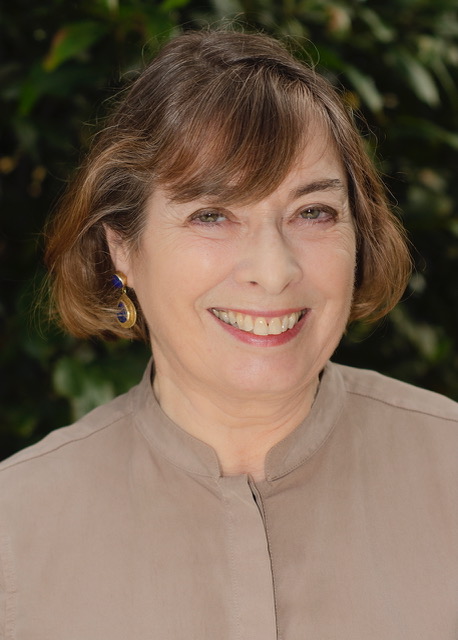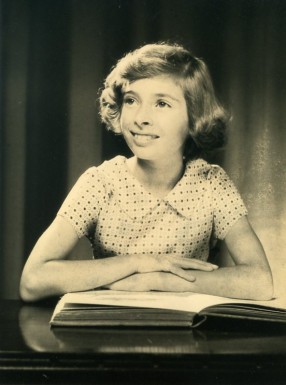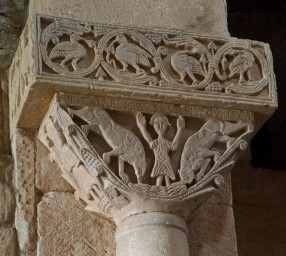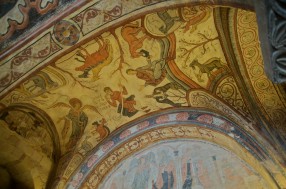Spain
I first became acquainted with Spain in 1982. During those three weeks I glimpsed its immense variety and the staggering quality of its art and architecture. Five years later I began to research the interstices of its medieval history through the illumination of manuscript texts. That research drew together a number of threads from my earlier academic experience and also benefited from my parallel working life.
Classics
I started out as a Classicist. From my teens I was not only engrossed in antique tomes but also in exploring Roman villas and cities. It looked as if that would be my métier. I was duly despatched to Oxford to read Greats, where I chose the riverine gardens of Lady Margaret Hall as a base.
Human Sciences
The road that had appeared to be mapped out now changed. Oxford may not have encouraged revolt but it provided a multitude of opportunities even if, unlike Cambridge, it did not have a History of Art department. A chance to study the material culture behind Homeric poetry stands out as a high point in Literae Humaniores. By the third year I was in a different intellectual world, taking Oxford’s new degree in Human Sciences, which brought together animal behaviour, demography, social and physical anthropology, sociology, and developmental psychology. This was a rich and vibrant mix that I still mine to this day.
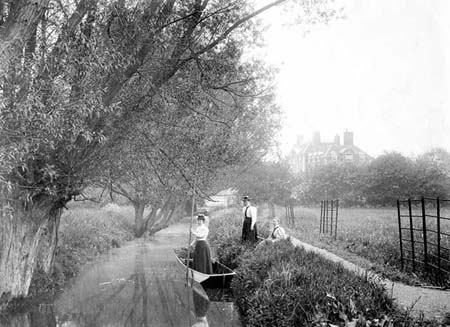
Arts
Alongside this academic detour, I indulged my love of the arts, stage-managed and directed in the Oxford Playhouse, and learnt about architecture in England from more experienced fellow students who were setting up the Oxford Architectural Society.
Birkbeck
I determined to have a career in the arts world and began it at Morley College, a place with deep roots in the art and music in London. It was not that long, however, before I realised that I wanted to take up my academic work again and, with encouragement at home, I took an MA in Medieval Studies at Birkbeck College. I shall always be grateful for the expert teaching of Michael Wilks on history, Michelle Brown on Palaeography, Kit Galbraith on French Romanesque, and Michael Evans from the Warburg on iconography. This, together with my earlier studies, provided a firm foundation for my research on Spain.
PhD
My PhD research field was the liturgical change in Spain, from the Old Hispanic liturgy to the Roman liturgy, which took place officially in 1080. As I was by then also working as a senior manager who had to introduce change, this gave me a particular insight into strategies and processes in practice. I was in addition qualifying as a Chartered Secretary (ie Company Secretary). Part-time study is often disparaged but I believe that it can also have distinct advantages: in particular the need to refocus attention on a regular basis can help to identify fresh approaches and observations. John Lowden was a fine PhD supervisor. I continue to draw on his rigour and attention to detail on a daily basis and never cease to be impressed by the depth of his knowledge and wisdom.
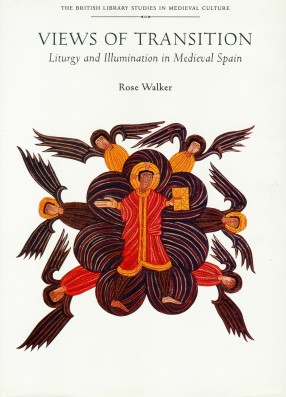
Subsequently
After I completed my thesis and revised it for publication with the British Library, I did some work on the patronage of women, but I never saw myself as an advocate of female power. Nonetheless, these issues have enabled me to study some remarkable works of Spanish medieval art from the wall paintings at San Isidoro de León to Las Claustrillas at the Cistercian abbey of Las Huelgas in Burgos. [keep wall painting photo]
To support and enliven my studies, I have travelled widely over the years, not only in Spain and Portugal and other European countries, but also across Turkey, through Syria, into The Lebanon and Jordan, and to Egypt, Tunisia and Morocco.
In 2007 I decided to give up my full-time post as Academic Registrar and Deputy Secretary at the Courtauld Institute of Art, as I wanted more time to research and write. I am thankful for the British Academy funding towards the field trips that underpinned my second book project. I am also grateful to Deborah Swallow, then the Director of The Courtauld, for encouraging my interest in exchange between the Christian and Islamic cultures of Medieval Spain and Portugal. [change photo of RW alongside this paragraph]
At the same time, I took a teaching qualification and went on to teach modules at Birkbeck College and at the Courtauld, from first year undergraduates to MAs), as well as lecturing on courses at Morley College and at the V&A. In addition, I have led a range of tours to Iberia for ACE Cultural Tours and, over recent years, ‘Walking to Santiago’ for Martin Randall Travel. [ADD photo?]
